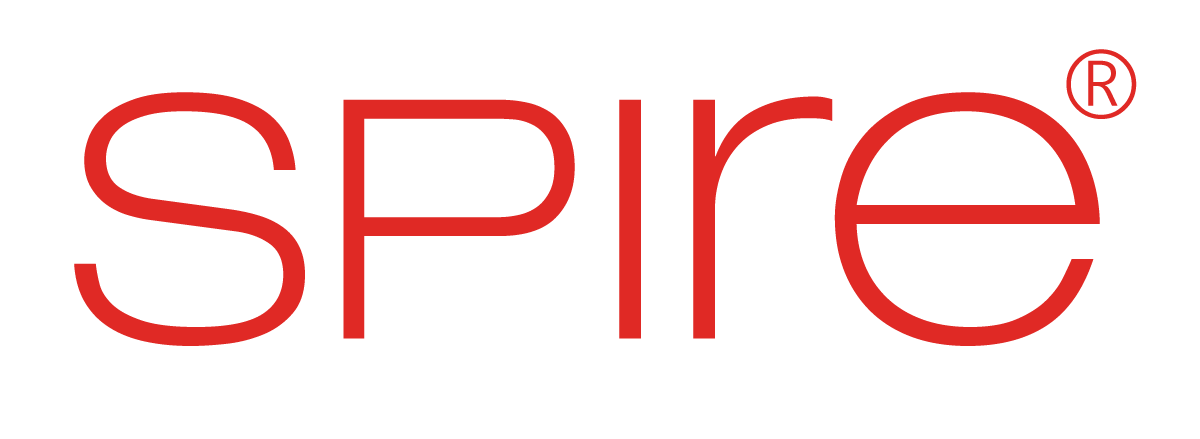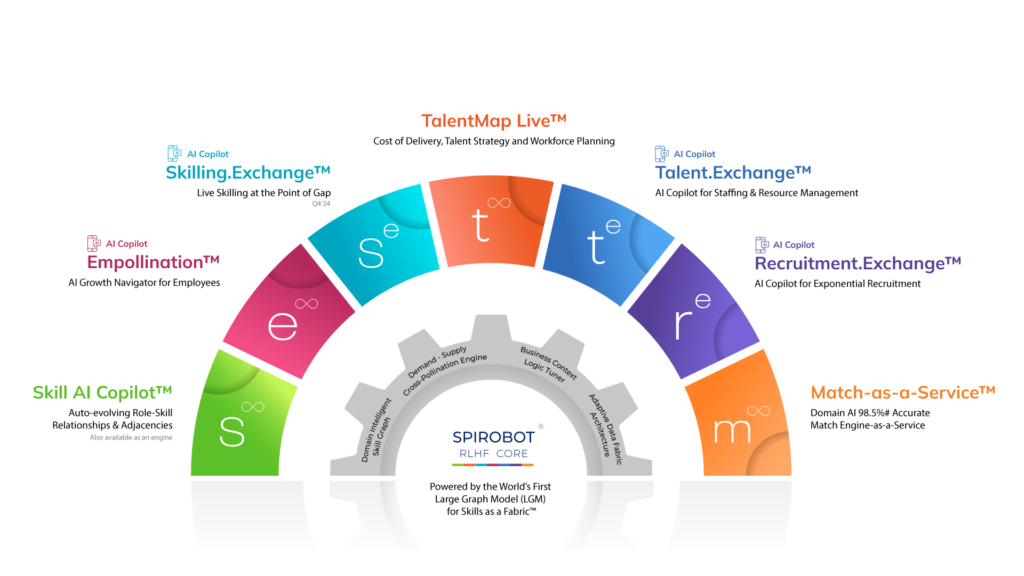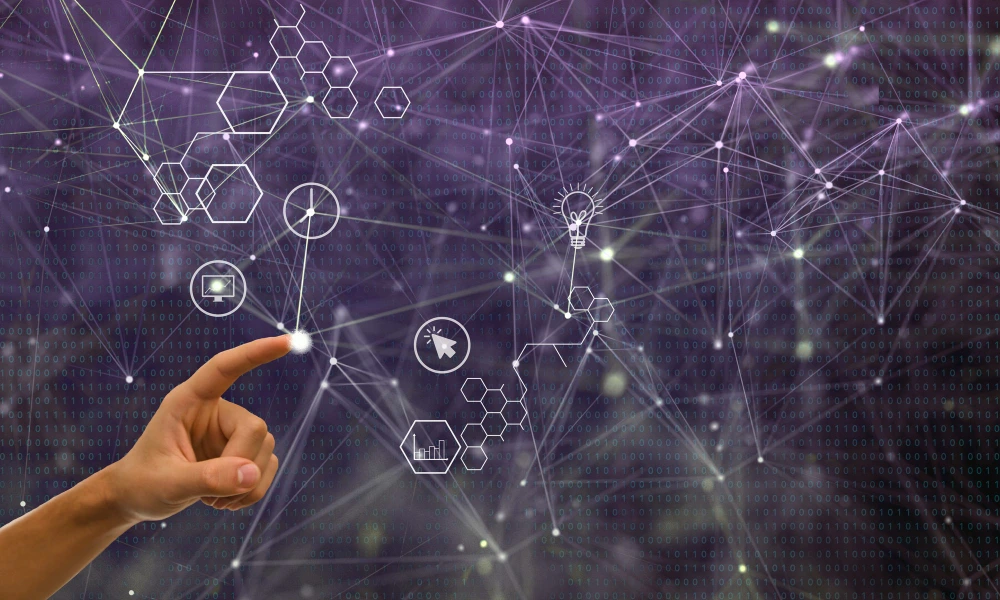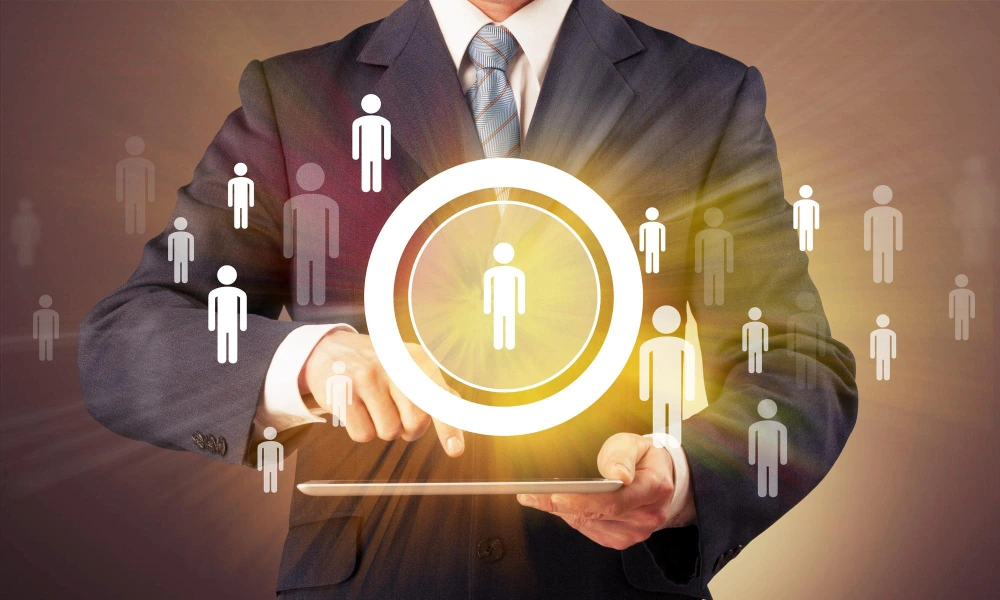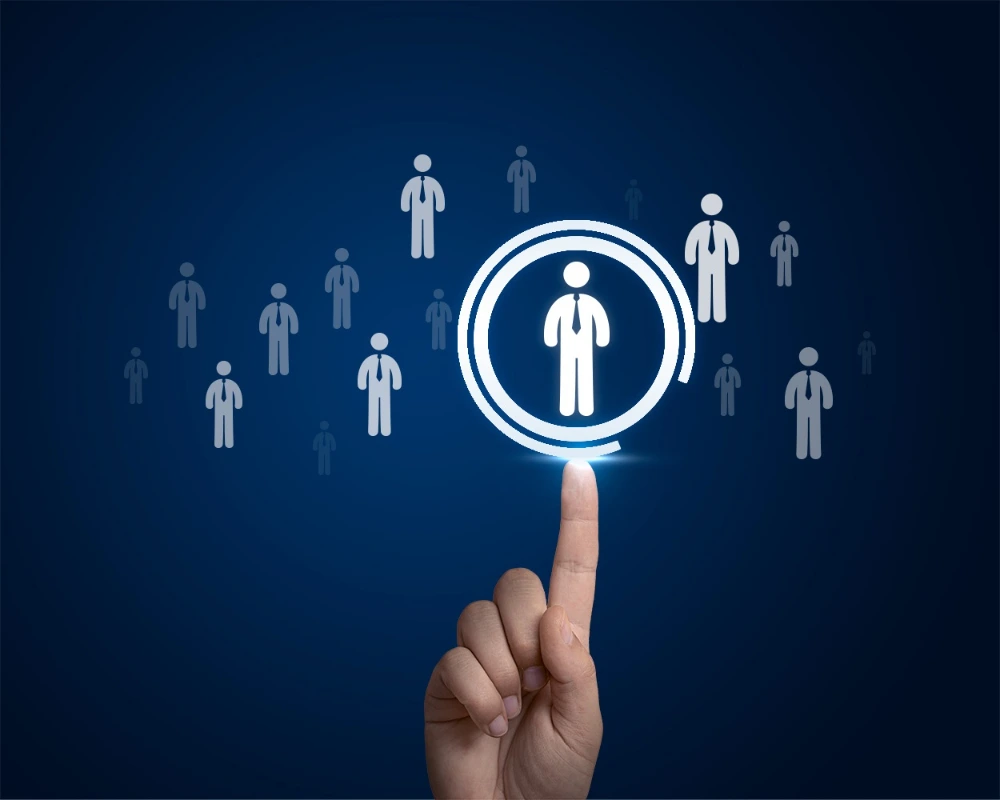The modern workplace is undergoing a significant shift. Gone are the days of siloed departments and isolated work. Today’s teams are more collaborative than ever, relying on open communication and continuous feedback to succeed. This shift from traditional yearly reviews, which often felt impersonal and infrequent, necessitates a more dynamic approach to employee engagement.
Today’s teams are more collaborative than ever, relying on open communication and continuous feedback to succeed.
This shift from traditional yearly reviews, which often felt impersonal and infrequent, necessitates a more dynamic approach to employee engagement.
One powerful way to address this need is through skills-based recognition. This approach acknowledges and rewards individuals for developing and utilizing specific skills that contribute to their role and the organization’s success. AI in employee engagement is not just a tool but a transformative force that can play a pivotal role in implementing effective skills-based recognition programs.
AI in Employee Engagement Tailors Recognition to Individual Achievements
Traditional recognition programs often rely on generic praise or one-size-fits-all rewards. This approach needs to be revised to acknowledge the specific contributions of individual employees in a collaborative environment. AI in employee engagement allows for a more nuanced approach. AI-powered systems can analyze data on employee performance, identifying instances where individuals have utilized specific skills to achieve positive outcomes within their team. This data can then be used to tailor recognition efforts, ensuring that employees are acknowledged for the skills they’ve demonstrably developed and applied.
Traditional recognition programs often rely on generic praise or one-size-fits-all rewards.
AI-powered systems can analyze data on employee performance, identifying instances where individuals have utilized specific skills to achieve positive outcomes within their team.
For example, consider a customer service representative who consistently receives positive colleague feedback for their problem-solving skills during team brainstorms. AI can identify this pattern and trigger personalized recognition through a public shout-out or a ‘Team Problem-Solver’ award nomination. This targeted recognition reinforces the value of the employee’s skill development. It inspires them to continue honing their abilities, fostering a culture of continuous improvement that benefits both the individual and the collaborative team dynamic.
AI Fosters a Culture of Continuous Learning
Effective skills-based recognition goes beyond simply acknowledging past achievements. It acts as a powerful motivator for continuous learning. When employees see their efforts in developing new skills recognized, they are more likely to feel valued and intrinsically motivated to keep learning and upskilling. AI in employee engagement can further support this by providing a personalized learning ecosystem.
How AI fosters a culture of continuous learning:
– Identifying Skill Gaps
– Personalized Learning Recommendations
– Micro-learning Opportunities
– Real-time Feedback and Coaching
– Social Learning and Recognition
Here’s how AI fosters a culture of continuous learning:
- Identifying Skill Gaps: AI can analyze employee performance data and skill profiles to identify areas where individuals might lack specific skills crucial for their role or career aspirations. This allows targeted interventions, such as suggesting relevant training courses or online resources.
- Personalized Learning Recommendations: AI doesn’t just identify skill gaps; it can also recommend the most effective way to bridge them. AI can curate personalized learning pathways by considering an employee’s learning style, the preferred format (e.g., video tutorials, interactive modules), and time constraints.
- Micro-learning Opportunities: In today’s fast-paced environment, lengthy training programs can be impractical. AI can address this by recommending bite-sized learning modules that employees can easily integrate into their workday. These micro-learning opportunities allow for continuous skill development without disrupting workflow.
- Real-time Feedback and Coaching: AI-powered platforms can deliver real-time feedback on skill applications. For example, during simulations or project work, AI can identify areas where an employee might be struggling and offer immediate coaching or suggest resources to address the knowledge gap. This continuous feedback loop reinforces learning and helps employees retain information more effectively.
- Social Learning and Recognition: By creating a personalized and engaging learning environment, AI in employee engagement empowers employees to take charge of their development. They see a clear connection between their skill development, recognition, and career advancement, fostering a culture of continuous learning that benefits both the individual and the organization.
AI Makes Recognition Timely and Meaningful
Many traditional recognition programs require more time. Awards are often announced quarterly or even annually, diminishing their impact. AI in employee engagement allows for real-time recognition, making it significantly more impactful.
AI in employee engagement allows for real-time recognition, making it significantly more impactful.
How AI makes recognition timely and meaningful:
– Capturing Real-time Performance Data
– Personalized Delivery Channels
– Integrating with Feedback Mechanisms
– Social Recognition and Gamification
Here’s how AI makes recognition timely and meaningful:
- Capturing Real-time Performance Data: AI can analyze data from various sources, including performance management systems, project management tools, and employee sentiment analysis from internal communication platforms. This allows for recognition to be triggered based on immediate displays of exceptional skill or contributions within a team.
- Personalized Delivery Channels: Not all employees appreciate recognition in the same way. Some might thrive on public praise during team meetings, while others prefer a more private acknowledgment. AI can personalize recognition delivery by understanding employee preferences. This could involve sending a personalized email, a digital badge displayed on the company intranet, or even a handwritten note delivered directly to the employee’s desk.
- Integrating with Feedback Mechanisms: AI can connect recognition programs with existing feedback mechanisms. This allows for immediate recognition to be delivered alongside specific feedback on the skill or behavior being acknowledged. This reinforces the positive behavior and provides a clear context for the recognition, making it even more meaningful.
- Social Recognition and Gamification: AI can facilitate social recognition programs where employees can acknowledge and praise each other’s skills and contributions. This fosters a sense of community and reinforces positive team dynamics. Additionally, AI can integrate gamification elements into recognition programs, awarding points or badges for specific skills displayed. This playful approach can further enhance the timeliness and memorability of recognition.
By delivering timely, personalized, and contextual recognition, AI in employee engagement ensures that employees feel genuinely valued for their contributions. This translates to higher morale, increased motivation, and a stronger connection to the organization’s goals.
Spire.AI: Empowering Skills-Based Recognition with AI
Spire.AI is a leading AI Copilot for Talent designed to empower organizations to build a skilled and engaged workforce. Our suite of solutions includes features that directly support effective skills-based recognition.
- Auto-Evolving Role-Skill Framework: Spire.AI establishes a clear and dynamic framework that defines the specific skills required for every organizational role. This framework ensures that recognition is targeted towards skills that are truly valuable and contribute to success.
- Automatic AI-generated Employee Skill Profiles: Spire.AI leverages AI to analyze data from various sources, creating comprehensive skill profiles for each employee. These profiles provide valuable insights into individual skill development, allowing recognition programs to be tailored to each employee’s strengths.
- Career Path Simulation and Reskilling Recommendations: Spire.AI helps employees identify skill gaps and provides personalized recommendations for upskilling and reskilling. By aligning skill development with recognition efforts, Spire.AI creates a powerful feedback loop that motivates employees to pursue continuous learning.
The Power of AI-Driven Skills-Based Recognition
In conclusion, AI in employee engagement presents a transformative opportunity to implement effective skills-based recognition programs. AI can significantly boost employee morale and productivity by tailoring recognition to individual achievements, fostering a culture of continuous learning, and delivering recognition in a timely and meaningful way. This, in turn, leads to a more engaged, skilled, and future-proof workforce, ultimately driving organizational success. By leveraging the power of AI and other employee engagement best practices, organizations can create a work environment where employees feel valued for their skills and empowered to reach their full potential.
Frequently Asked Questions
How is AI being used in employee engagement?
AI is being used in employee engagement in the following ways.
- Tailoring recognition to individual achievements (based on skills used)
- Fostering a culture of continuous learning (identifying skill gaps, recommending learning paths)
- Making recognition timely and meaningful (real-time data, personalized delivery)
How can AI be used in employment?
AI can be used in various aspects of employment, including recruitment, onboarding, performance management, learning and development, and employee support.
How does AI affect engagement?
AI can positively affect engagement by providing personalized experiences, automating routine tasks, and offering data-driven insights to improve employee satisfaction.
How is AI beneficial to employees?
AI is beneficial to employees for the following:
- Get recognized for specific skills they use
- Access personalized learning paths to upskill
- Receive real-time feedback to improve performance
